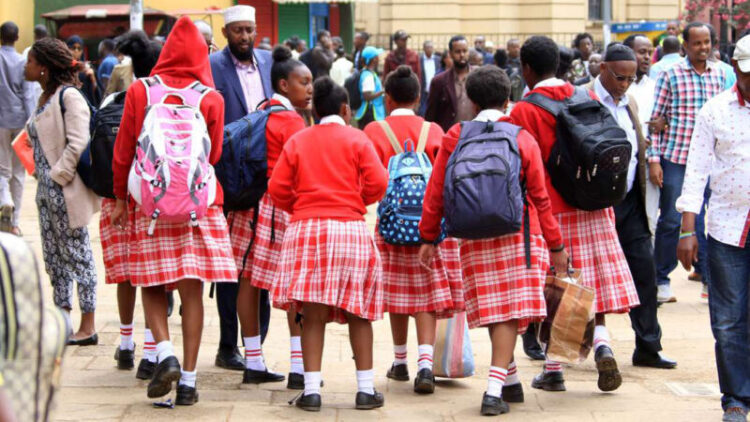Schools Reopen Amid Capitation Funding Crisis.
Schools across the country reopened on Monday for the second term, but the familiar crisis of delayed capitation funds is already causing turmoil. School heads are once again raising concerns over the government’s failure to release funding on time, a delay now blamed for the additional levies being imposed on parents—an issue that has sparked widespread outrage among stakeholders.
Despite the energy and optimism that typically accompany a new term, many schools are grappling with financial strain. According to the Kenya Union of Post Primary Education Teachers (KUPPET), the capitation funds for the previous term have yet to be fully disbursed. As a result, administrators are facing difficult decisions to keep their institutions afloat.
Speaking to the media, KUPPET Acting Secretary-General Nthurima emphasized the critical nature of the situation. He pointed out that the government had not prioritized education funding and said that schools were left without the necessary resources. Nthurima lamented that politicians often boast about free education, yet in reality, parents are forced to pay levies to bridge the gap left by insufficient government support.
School principals have been left with little choice but to introduce additional charges to parents to sustain essential operations. Nthurima warned that without swift government action, some schools might be forced to shut down altogether.
He explained that principals were caught between a rock and a hard place, stressing, “If there is no food in school, it becomes a recipe for chaos. They have to charge parents because how else do they run the schools? If you close early, you are punished.”
Meanwhile, the Elimu Bora Working Group has sharply criticized both the schools and the government for what it describes as the illegal imposition of levies. The group maintains that the Constitution guarantees free primary and junior secondary education, and any extra charges violate this principle.
Despite this position, school heads argue that under the prevailing circumstances, introducing additional charges has become an unfortunate necessity for survival.
Parents Caught in the Middle
Parents have also voiced their frustrations, acknowledging the schools’ plight while directing their anger at the government’s inefficiency. In Nyamira County, Geoffrey Nyasani, a parent, expressed his concern, stating that the funds provided by the government were so inadequate that they could not even cover the cost of a ream of paper. He described the dire conditions in schools and the immense pressure headteachers face.
Read Also: KNUT Push for Increased TSC Budget for Teacher Promotions and Recruitment
Steven Ouko, Chairman of the Nyamira Parents Association, echoed similar sentiments, blaming the delays in capitation disbursement for the challenges faced by both parents and principals. He said, “Both parents and principals are struggling. The government takes too long to release capitation funds, sometimes delaying until the end of the school term. This is a crisis created by the government itself.”
As the second term begins, the growing tension between schools, parents, and the government threatens to overshadow the learning environment. Stakeholders warn that unless immediate measures are taken to address the funding delays, the situation could escalate, severely impacting the quality of education across the country.
Schools Reopen Amid Capitation Funding Crisis.
Follow Teachers Updates on Facebook, LinkedIn, X (Twitter), WhatsApp, Telegram, and Instagram. Get in touch with our editors at [email protected].



Discussion about this post